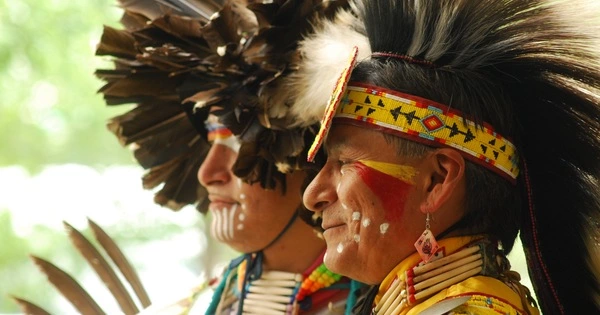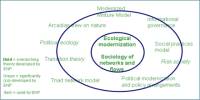Indigenous peoples are the first known occupants and descendants of a region, particularly one that has been colonized by a now-dominant group of settlers. The original occupants of a given region or land are known as First Nations, Aboriginal peoples, or Native peoples. They have distinct cultural, social, and political identities, which are frequently linked to ancestral regions and customs. Indigenous peoples live all throughout the planet, including North and South America, Australia, New Zealand, Africa, Asia, and the Arctic. However, there is no single, authorized definition for the phrase, and it can be used to denote a wide range of peoples and civilizations.
The term Indigenous was originally used in its modern usage by Europeans, who used it to distinguish the Indigenous peoples of the Americas from the European immigrants of the Americas, as well as from the Sub-Saharan Africans who were enslaved and brought to the Americas by force.
Here are some key points about Indigenous peoples:
- Cultural Diversity: These people represent a wide range of cultures, languages, and traditions. Each group has its unique customs, beliefs, and practices.
- Connection to Land: Many Indigenous cultures are closely tied to their traditional lands. Their spiritual beliefs and way of life often revolve around their relationship with the natural environment.
- Historical Marginalization: These peoples have often faced historical and ongoing marginalization, discrimination, and dispossession of their lands and resources by colonial powers and dominant societies.
- Struggles for Rights: Indigenous communities have, over the years, engaged in various movements and legal actions to assert their rights to self-determination, land ownership, cultural preservation, and equitable treatment.
- Cultural Preservation: Indigenous peoples frequently struggle to conserve and restore their languages, traditions, and cultural practices, which are in risk of extinction due to assimilation and external forces.
- Indigenous Knowledge: Indigenous knowledge systems frequently contain useful insights into sustainable environmental practices, herbal medicine, and traditional technologies. This knowledge has the potential to have a worldwide impact in tackling concerns such as climate change and biodiversity.
- Land Rights: Many Indigenous communities are actively pursuing acknowledgement of their land and resource rights. Land disputes and treaties can be major issues in many Indigenous aspirations for autonomy and self-determination.
The United Nations Declaration on the Rights of Indigenous Peoples (UNDRIP) was adopted in 2007. It defines Indigenous peoples’ rights and provides a framework for governments to assure their protection. Despite past hardships, Indigenous peoples have exhibited incredible endurance and perseverance in preserving their cultures and identities.
Sir Thomas Browne may have coined the term in this context in 1646, when he stated, “and although in many parts thereof there are at present swarms of Negroes serving under the Spaniard, yet were they all transported from Africa, since the discovery of Columbus; and are not indigenous or proper natives of America.”
















